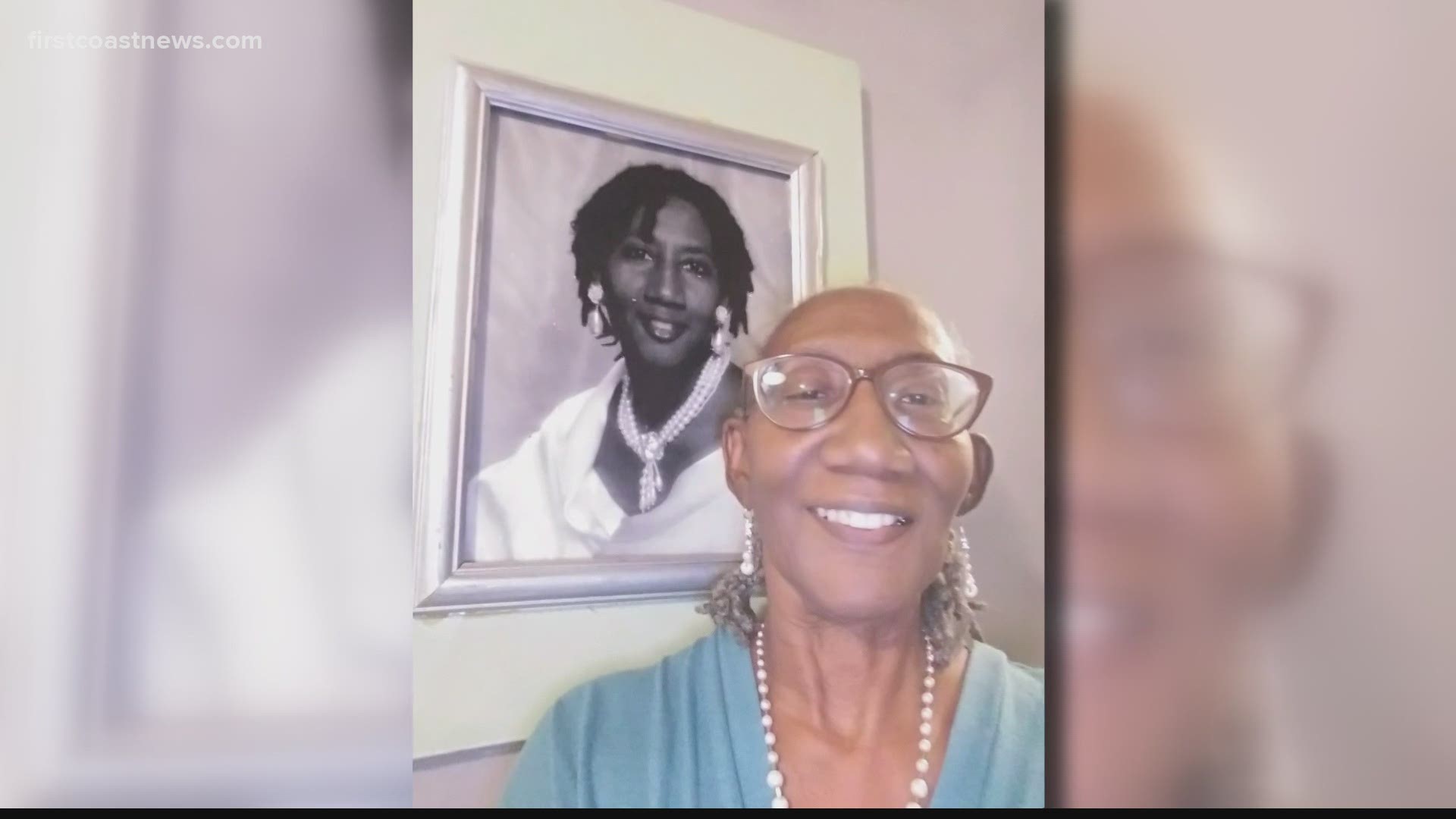JACKSONVILLE, Fla. — Just a few decades ago, contracting HIV, the virus that causes AIDS could be a death sentence. While not the scourge it once was, the disease is still affecting one community disproportionately.
Mary Glenn has been living with HIV for 30 years and is sharing her story on Feb. 7, which is National Black HIV/AIDS Awareness Day.
“It was less than a year after I had contact with someone who was positive that I found out I was positive, so I was able to immediately get on medication," Glenn said.
“Nowadays, in many instances, you can take one pill once a day and have this virus be well controlled. The goal of treatment is keeping that viral load, the amount of virus in the bloodstream, to so low that it cannot be detected," said Dr. Mohammed Reza, an infectious disease specialist who's the medical director at CAN Community Health in Jacksonville.
Reza says the goal of treatment is for the viral load to be so low in the bloodstream the infected person can no longer spread it.
He also says you can take steps to prevent catching HIV.
“PrEP stands for Preexposure Prophylaxis," Reza said. "To put it simply, it’s like birth control, but it prevents HIV. It’s one pill, once a day, and if a person takes it consistently, they can decrease their risk of contracting HIV by 99%.”
Reza says African Americans make up around 13 percent of the U.S. population but are disproportionately living with HIV and make up 42 percent of new cases.
Glenn has this message as she enters her third decade living with the virus.
“Just in my story, the idea is to be tested so you will know whether you a positive or not," Glenn said.
The Center for AIDS Research at Emory University reports one in two gay or bisexual Black men will contract HIV in their lifetime.

